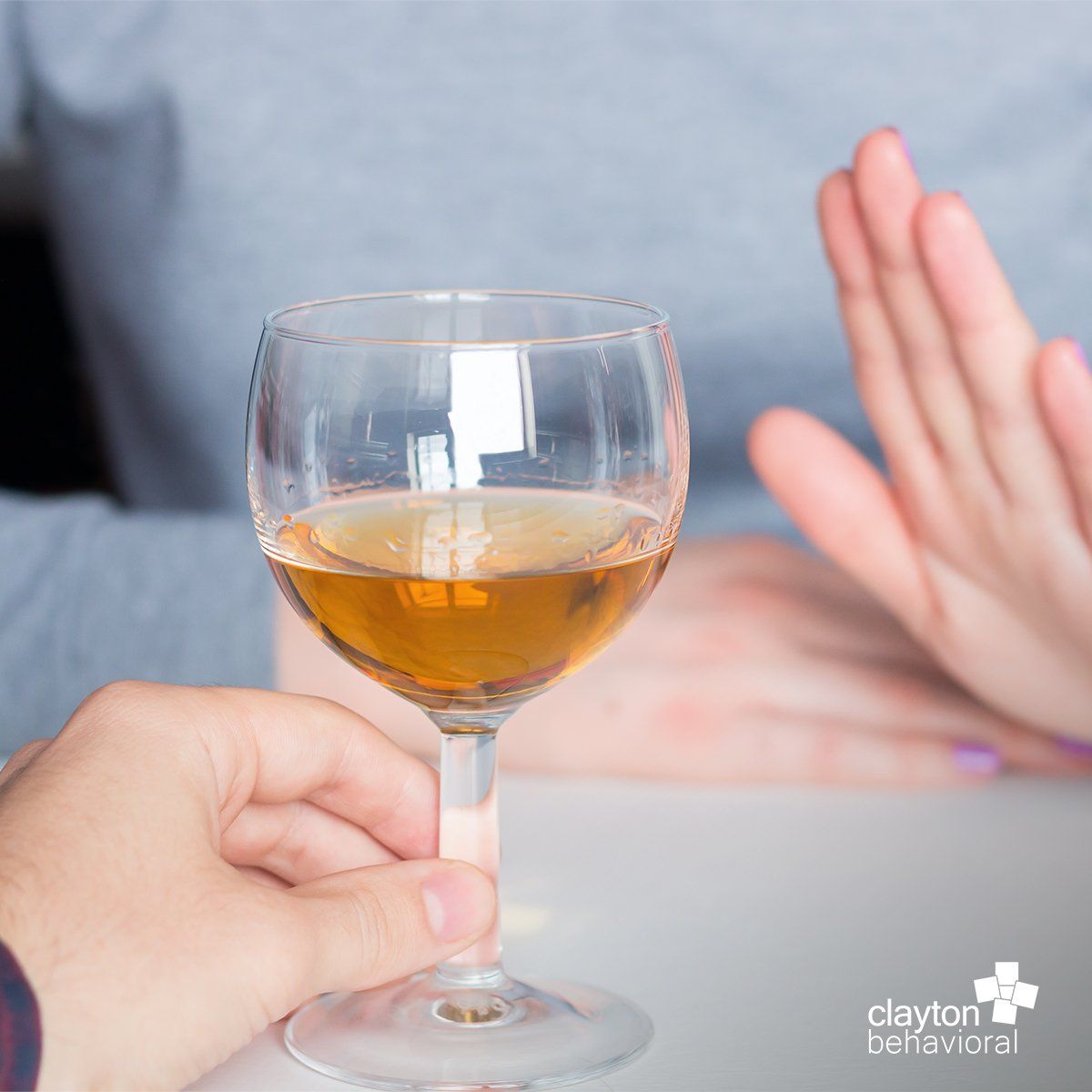The other eating disorder

We are all familiar with the terms Anorexia Nervosa and Bulimia Nervosa. How much do you know about Orthorexia Nervosa?
Anorexia Nervosa and Bulimia Nervosa are well defined psychiatric disorders. Patients with these conditions focus obsessively on food quantity. Orthorexia Nervosa , on the other hand, is a disorder (not yet included in the official psychiatric classification) where patients are obsessed with food quality. They have an extreme preoccupation with avoiding certain foods that are perceived (often mistakenly) as unhealthy.
Every orthorexic has his or her own unique, individual and idiosyncratic set of rules regarding which foods are allowed to be consumed, and which foods are to be avoided. As a result, their diets can become quite restricted, and large amounts of time are spent preparing their "OK foods". Eating out is almost never an option for orthorexics, and they routinely avoid socializing and family events centered on food.
Frequently, orthorexics will obsess about healthy foods and go to extremes to avoid those containing additives or preservatives of any type. They may fixate on avoiding any kind of fat, or any animal products. Restrictive diets often lead to emaciation and malnutrition. The orthorexic patient, however, persists on his or her obsessive fixation with what is perceived as healthy eating and will reject any suggestions to do otherwise. Soon, patient's rules become arbitrary, unpredictable and illogical. A patient may refuse to eat chicken livers but may eat other organs from the same animal, citing obscure references about liver metabolism that do not fly in the face of evidence.
Orthorexics can become extremely thin. However, unlike anorexics, they do not wish to lose weight and do not see themselves as overweight. Their obsession is with eating and staying pure, uncontaminated and healthy. To learn more about orthorexia, rawfoodism , paleolithic diet, fruitarianism, anopsology and other interesting edible topics, visit BeyondVeg.









